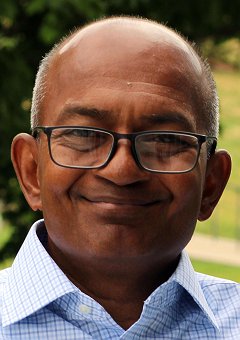The state-of-the-art in compiler optimization is very advanced with respect to lowering sequential programs in high-level languages like C/C++ to low-level instructions of target processors to minimize the number of executed instructions. However, even for single-core processing, the fundamental bottleneck today is not the number of executed arithmetic/logic instructions but the cost of data access and movement through the memory hierarchy. The current state-of-the-art in compiler optimization is not yet able to automatically optimize data movement even for single-core computing, and the challenges to optimized code generation get progressively harder for shared-memory parallel systems and distributed-memory parallel systems. While many program transformation techniques such as loop tiling/fusion and data layout transformations have been devised to address this critical bottleneck, manually engineered libraries that incorporate these transformations are the primary basis for high-performance computing today. A key challenge for optimizing compilers is that of selecting a configuration from an explosively large space of functionally equivalent program versions that differ significantly in achieved performance. The talk will elaborate on the challenges and opportunities based on recent progress.
Bio: P. (Saday) Sadayappan is a Professor in the Kahlert School of Computing at the University of Utah. His primary research interests center around compiler/runtime optimization for high-performance computing, with an emphasis on sparse/dense matrix/tensor computations.
Sat 1 MarDisplayed time zone: Pacific Time (US & Canada) change
09:00 - 10:00 | KeynoteMain Conference at Acacia A Chair(s): Jens Palsberg University of California, Los Angeles (UCLA) | ||
09:00 60mKeynote | Compiler Optimization: Challenges and Opportunities Main Conference Saday Sadayappan University of Utah, USA | ||
